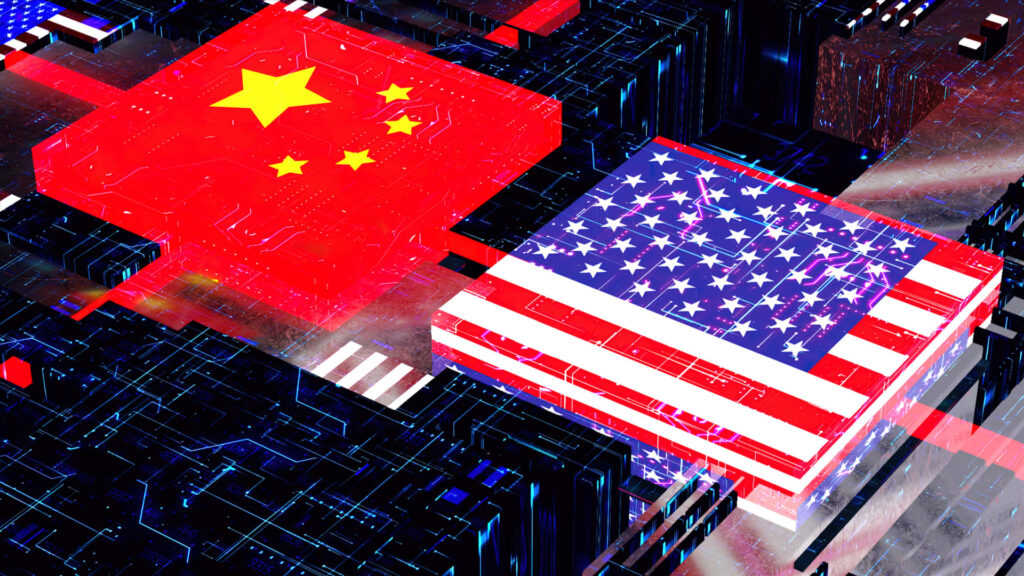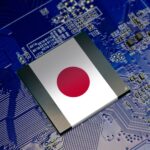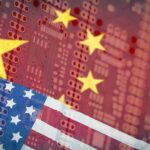Sanctions imposed by the United States on China’s semiconductor industry have compelled Beijing to intensify efforts to enhance its local chip sector. The rise of artificial intelligence and foundational models has further catalyzed China’s ambition to play a prominent role in the chip industry.
Currently, it is the American corporation Nvidia that has captured attention with its graphics processing units (GPUs), essential for training substantial AI models like those from OpenAI supporting ChatGPT.
Huawei
Huawei, a standout among China’s technology giants, operates across sectors ranging from telecommunications infrastructure to consumer electronics and cloud computing. Its chip design unit, HiSilicon, is responsible for the Ascend series of data center processors. The latest generation of chips, Ascend 910B, is soon to be succeeded by the Ascend 910C, potentially competing with Nvidia’s H100 product.
Nvidia’s annual report explicitly recognizes Huawei as a competitor in chip areas, AI software, and networking products among others.
“Beyond hardware, the complete ecosystem, developer tools, and the capacity to evolve this ecosystem as technology progresses are critical. Huawei excels in these areas, striving to construct a software ecosystem around its Ascend series of data center processors,” remarked Paul Triolo, a partner at Albright Stonebridge, to good.
Alibaba and Baidu
Both Alibaba and Baidu, while procuring Nvidia chips, are concurrently developing their semiconductor solutions for AI tasks. Baidu, a major Chinese internet firm, creates its chips for servers and autonomous vehicles under the Kunlun brand.
Alibaba’s semiconductor design unit, T-Head, designed the Hanguang 800 AI inference chip for real-world AI application following model training, exemplified by accelerating its recommendation system on its e-commerce platform.
Biren Technology
Biren Technology, like Nvidia, develops a versatile GPU and offers a software development platform to construct applications atop their hardware. These chips are part of the Biren’s Bili series, intended for AI training in data centers.
Last year, Biren was added to the U.S. Entity List, restricting its access to specific American technologies.
Cambricon Technologies
Cambricon Technologies engineers various semiconductor types, ranging from AI model training to on-device AI application execution, diverging from data centers. However, the company faced substantial losses and reportedly downsized its workforce last year.
Cambricon Technologies also finds itself on the U.S. Entity List.
Moore Threads
Inaugurated in 2020, Moore Threads focuses on developing GPUs tailored for training extensive AI models. Their data center product, MTT KUAE, integrates their GPUs, with aspirations of becoming a leading global GPU provider.
Notable backers include ByteDance, the parent company of TikTok, alongside prominent venture capital firms like Sequoia and GGV Capital.
Moore Threads is likewise included on the U.S. Entity List.
Enflame Technology
Enflame Technology, a burgeoning startup in China, aspires to establish itself as a domestic Nvidia alternative. Specializing in chips for AI training and processing in data centers, major Chinese tech firm Tencent stands as an investor alongside Enflame.
[source](https://www.cnbc.com/2024/09/17/chinese-companies-aiming-to-compete-with-nvidia-on-ai-chips.html)











